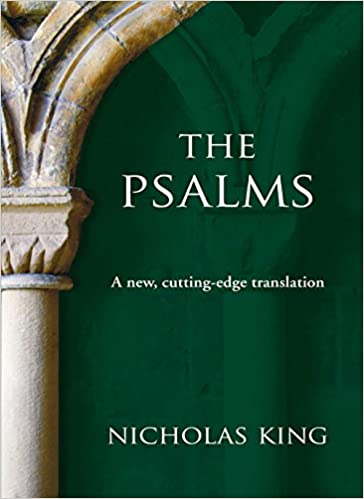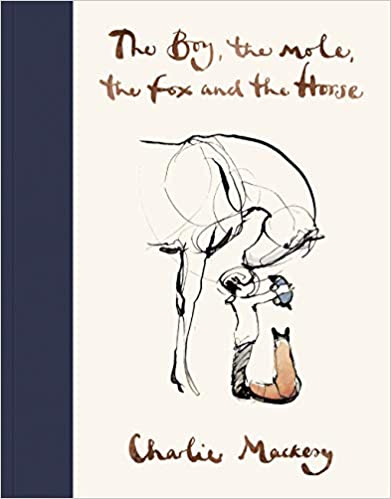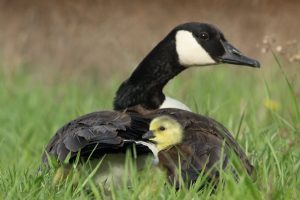
In 2020 we went into Lockdown during Lent. Who would have thought that we are approaching another Lent starting on 17th February in 2021 and we are in Lockdown 3? This time, speaking for myself – and I suspect others too – there is weariness and anxiety and a greater understanding that this “new normal” is going to take longer than we thought last Lent.
However, we now have vaccines which are being given as quickly as systems allow. We each also know from experience what has supported us this far. Perhaps our faith in God? Our faith in other people? Family and friends? TV? The Internet? Perhaps we are trying to concentrate more on the present, rather than thinking about the past and worrying or wishing for the future. And particularly if we live alone we may have developed routines, diversions and self knowledge and self- care to know what has, and has not, got us through this far?
For most of us it is a journey of ups and downs, and that is a natural response to stressful events, loss and anxiety. We are all much clearer about what we have “lossed”: the death of family and friends, health, jobs and money, stability, being in close contact with others, going to our churches to meet our church community face to face, spontaneously planning outings, holidays, meals, theatre trips or watching ordinary life out of the window.
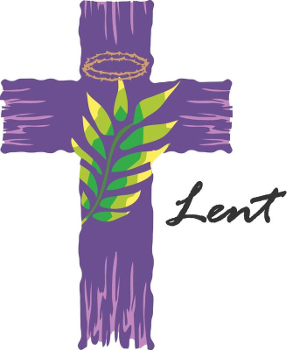
So, what about Lent, where we spend time thinking about Jesus and “journeying” with Him towards Jerusalem to his Death and Resurrection?
Can we cope with it this year? Or do we think our observation of it matters more than ever? We are encouraged to believe in Jesus, who, as God, is suffering with us, in the midst of us rather than a distant God. Though it may not feel like it.
Sometimes I am thinking how I am perhaps in a kind of desert with Jesus, or in a storm or sinking in the sea, or perhaps standing on a mountain and sometimes I stand on solid ground with a sense of purpose. It may vary.
We are all in a strange space between life as we knew it before March 2020 and life after a global pandemic. What are we thinking about how to spend Lent? Some of us may feel we are suffering enough already, or too tired or too “prayed out” or feel abandoned, so considering extra in Lent may be too difficult to consider.
I have been looking at two very different books which I plan to use:
- The Book of Psalms (translated by Jesuit scriptural theologian Nicholas King) ,
- ” The Boy, the Mole, the Fox and the Horse” by author and illustrator Charlie Mackesy
I aim to reflect on both of them this Lent.
I have found a journey of crisis, uncertainty, fear, reflection, support, joy, calm and hope in both these books. In some ways they are complementary, despite the several thousand years and different cultures that separate them.
Charlie Mackesy’s book has a message that is not overtly religious but I believe it is profound, spiritual and relational. It is a book is for all age groups and it is a journey about love, friendship, kindness, wisdom and hope, and I find it very inspiring.
The Psalms express fear, anger, distress, fatigue, remorse, forgiveness, hope, thanksgiving and praise. Nicholas King helpfully says that “when the psalmist talks of “my enemies”, for example, we are no longer in touch with the original reference, and sometimes it is easier to pray such verses as a reference to those inner thoughts that upset us or alienate us.” I found this explanation useful, enriching and not physically war-based. I have now been reading the concept of enemies and struggles in the context of the global pandemic and the thoughts and feelings I have about it. I offer extracts from some of the Psalms.
Extracts from Psalm 42: "Just as the deer longs for springs of water, so my soul longs for you.... Why are you so very sad, my soul? Why are you troubling me?.... Deep calls upon deep, at the sound of your waterfalls, all your billows and your waves have gone over me.... Why are you so very sad, my soul? And why are you troubling me? Hope in God, for I shall sing God's praises. the one who saves me, my God."
Psalm 42 talks about enemy oppression and being asked by enemies where is our God? I am thinking that the enemy in this Psalm might include the fear, doubt and loss that Covid 19 has on our lives. Ultimately out of longing and sadness comes eternal safety and hope.
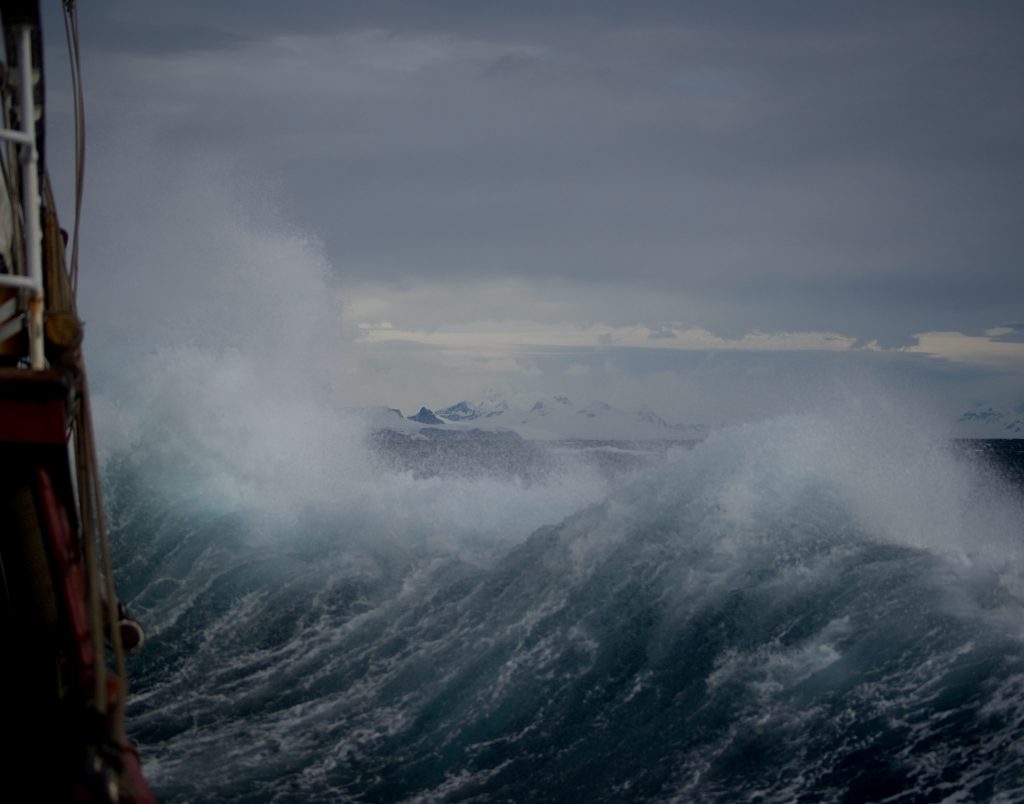
From Psalm 69: " Save me, O God, for the waters have reached my soul. I am stuck fast in deep mud, and there is nowhere to stand; I have gone into the depths of the sea, and a storm has swamped me; I am exhausted from crying out; my throat is sore; my eyes are worn out from [looking] expectantly for God....”
These words remind me of media interviews from exhausted doctors and other health care workers. And I sometimes feel swamped and exhausted by all the news and statistics about Covid 19.
Then in Psalm 23 God is a loving shepherd:
“For even though I should walk
in the midst of the shadow of death,
I shall not fear evil,
for you are with me;
your stick and your rod,
these have comforted me.”
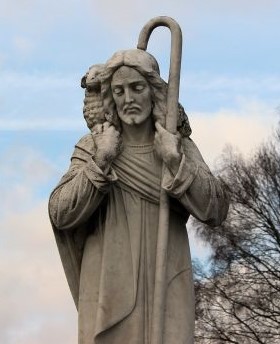
N. King suggests the the stick may be for support and the rod to ward off “attackers”, or in my view those intrusive negative thoughts.
In Psalm 46 “ a psalm about hidden things” is how King translates the title:
“God is our refuge and strength,
a help in the troubles that find us out.
Therefore we shall not fear
when the earth is stirred
and the mountains are shifted
in the heart of the seas”....
“The Lord of hosts is with us,
the God of Jacob is our helper.”
Then we are given wings to fly away and rest in Psalm 55, and shelter in Psalm 63.
From Psalm 55
“My heart was disturbed inside me,
and the fear of death fell upon me.
Fear and trembling came upon me,
and darkness covered me.
And I said, “Who will give me
wings like a dove,
that I may fly away and be at rest?
Look, I have travelled far in my flight
and made my lodging in the desert.”
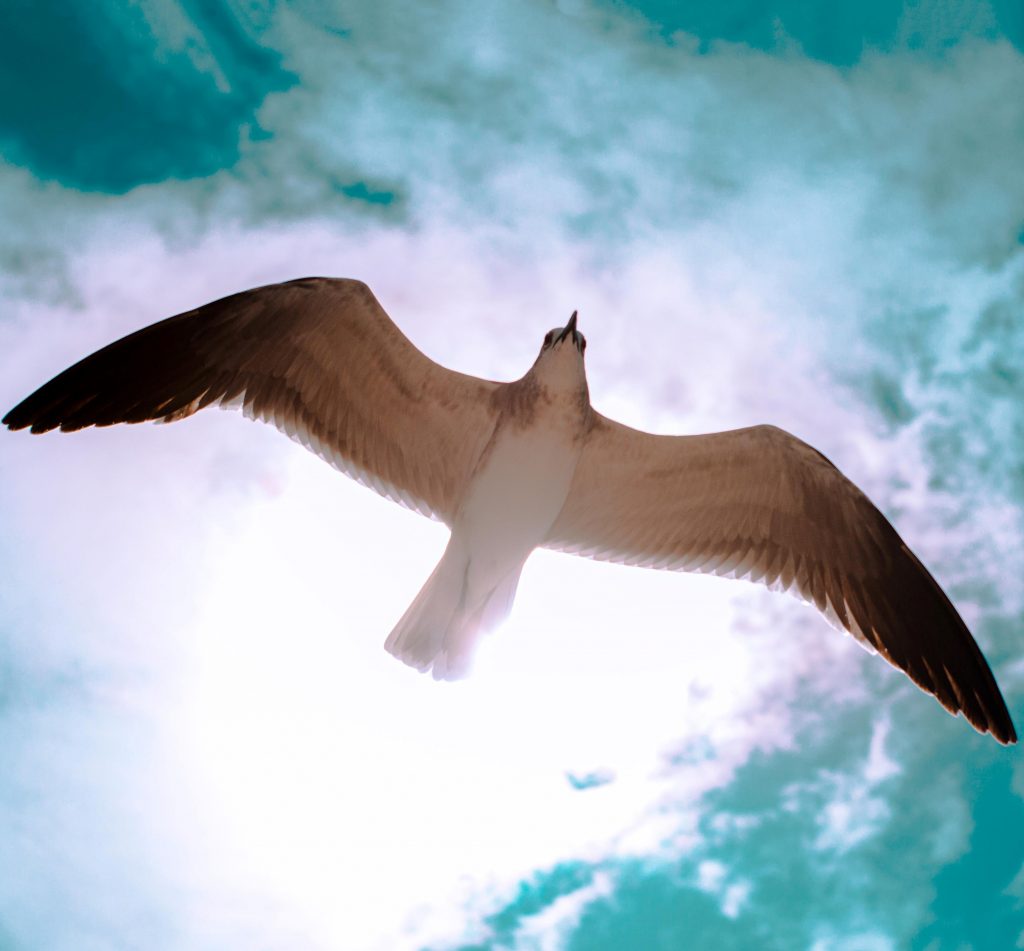
From Psalm 63: “I shall dwell in your tent for ever. I shall be sheltered under the shelter of your wings.”
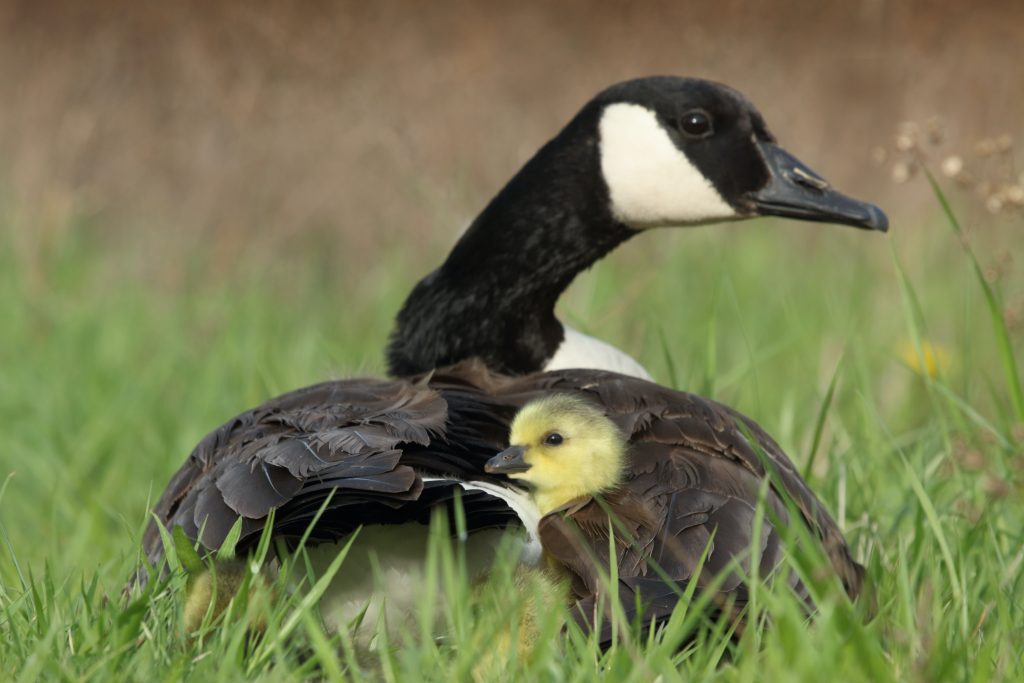
It seems to me that this Lent the Psalms may help us to find words for our fear, sadness and hidden thoughts in a pandemic and also the hope and rest that many of us believe will come through God. Some of us may place ourselves in the imagery of the desert and the storms but also the protection of the tent or under the shelter of wings.
And what of the words and illustrations in Charlie Mackesy’s book “The Boy, the Mole, the Fox and the Horse”? These characters meet and learn about themselves through each other and philosophise profoundly on behalf of us all as they journey together: (There are no page numbers.)
“Everyone is a bit scared said the horse,
but we are less scared together.
Tears fall for a reason
and they are your strength not weakness.”
This might be helpful for reflection on our own fear and expression of emotion, and as we read of the tears and exhaustion in Psalms, including Psalm 69.
“Isn’t it odd. We can only see our outsides,
but nearly everything happens on the inside.”
(said by the Boy.)
The Psalms give vent to internal emotions, that are at times expressed openly and at other times are on the inside, or under the cover of darkness, or may be the “enemies” mentioned so often in these Psalms. As Nicholas King said previously the warring enemies of the Psalms may be the conflicting turbulent thoughts we have at times. For healthy mental wellbeing we are often encouraged to reflect on our inner thoughts and try to work through them. We may need to express them in some way.
Sometimes we need to ask for support.
“ Asking for help isn’t giving up”, said the Horse.
“It’s refusing to give up.”
And sometimes we need to focus on our blessings and look at what we value:
“When the big things feel out of control…focus on what you love right under your nose.” “This storm will pass,” said the Horse.
And if we feel tired with contemplating the journey through Lent we each discern what we will do, remembering that Resurrection and hope follow Lent and the Crucifixion. The Fox doesn’t say much but joins the journey, helps the others and not talking is accepted too… Perhaps this year we allow ourselves some leeway and “time out” when we need it.:
“ Being kind to yourself is one of the greatest kindnesses”
said the Mole.”.
And if we need reminding how far we have travelled the Covid 19 journey as we enter Lent:
“ We have such a long way to go”, sighed the Boy. “Yes, but look how far we’ve come” said the Horse.”
- King,N. (2008)The Psalms (Kevin Mayhew Suffolk.)
- Mackesy, C (2019) The Boy, The Mole, The Fox and the Horse.(Ebury/Penguin UK).
By Pippa Bonner, January 2021


